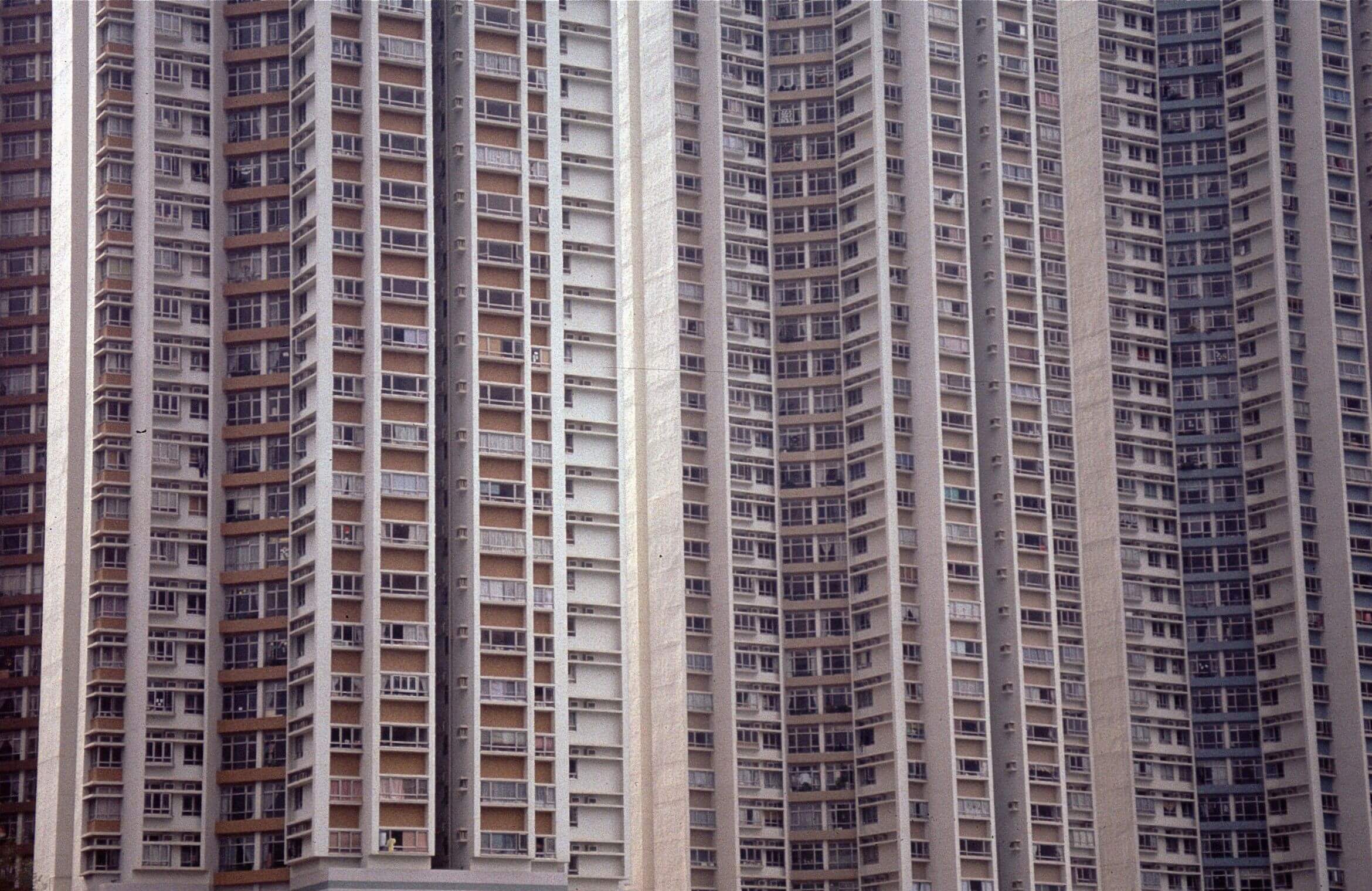What Happens if China's Housing Bubble Bursts?

China’s indebted property giant Evergrande has been capturing the attention of gold investors for months, with many fearing the situation could spill into the global economy, potentially boosting the safe-haven appeal of physical gold.